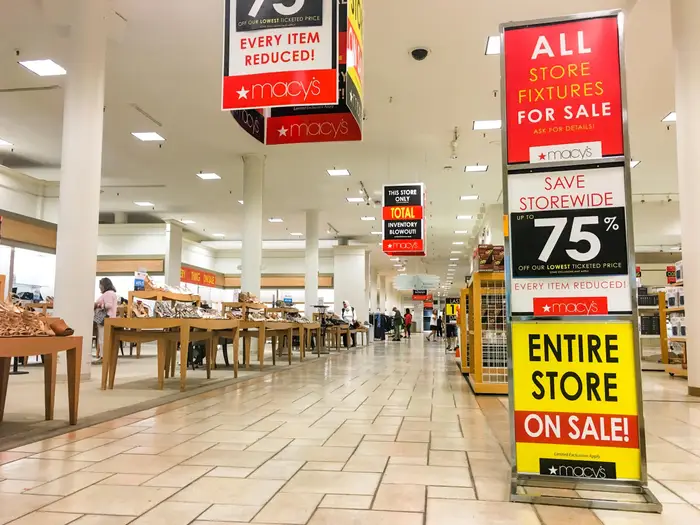Unlike what your imagination takes you to, a Zombie company is not a flesh-eating corporate monopoly feasting on its customers for all their worth. (*cough Telstra)
A zombie company is a company that needs bailouts in order to operate, or an indebted company that is able to repay the interest on its debts but not repay the principal . Zombie companies have no excess capital to spur growth and are considered close to insolvency . They are typically subject to higher borrowing costs and may be one event away from bankruptcy.
Zombie companies pose several risks in a high interest rate environment. First, they may face difficulties in refinancing their maturing debt, as lenders become more reluctant to lend to them or demand higher interest rates . Second, they may crowd out more productive and innovative firms from accessing credit, as banks prefer to keep lending to zombies to avoid recognizing losses . Third, they may reduce the overall efficiency and competitiveness of the economy, as they occupy valuable resources such as labour and capital that could be allocated to more profitable ventures.

Macy’s (M), the iconic department store chain, which has been losing customers and market share to online retailers and discounters. Macy’s has closed hundreds of stores and laid off thousands of workers in recent years, and has relied on asset sales and debt refinancing to stay afloat. Macy’s has a negative free cash flow of $1.1 billion and a debt-to-equity ratio of 3.6 as of January 20213.
Therefore, zombie companies are a drag on economic growth and a potential source of financial instability. They may also create moral hazard problems, as they rely on bailouts or subsidies from the government or central bank to survive. Some economists argue that zombie companies should be allowed to fail or restructured, rather than kept alive artificially.

Recent Comments